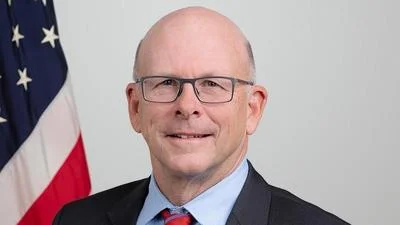Jonathan Boesche State Director | Official Website
Jonathan Boesche State Director | Official Website
The National Federation of Independent Business (NFIB), a prominent advocate for small businesses, has announced its legislative priorities for Minnesota in 2025. According to Jon Boesche, NFIB Minnesota State Director, "Minnesota’s Main Street is under a tremendous amount of pressure due to burdensome mandates and increased costs." He emphasized the need for lawmakers to resist new employment mandates, tax increases on small businesses, and regulations that might complicate the employer-employee relationship.
NFIB Minnesota's agenda includes several key points. The organization plans to pursue reforms to the Minnesota Paid Family & Medical Leave Program. NFIB had opposed this program's creation due to concerns about its cost and burden on small employers.
Another priority is providing tax relief for small businesses. With Minnesota holding the highest corporate tax rate at 9.8 percent and one of the highest marginal individual income tax rates at 9.85 percent in the country, NFIB aims to lower these rates. Additionally, they support legislation allowing businesses that collect sales tax to retain a portion as a fee.
The organization also intends to prevent the imposition of an ABC test for independent contractors, which could restrict their ability to work independently amid a worker shortage in Minnesota.
In healthcare, NFIB advocates for affordable and flexible options as costs rise. They support fully funding Minnesota’s individual market reinsurance program through 2027 while opposing mandates that limit options or increase costs for small employers.
Reforms are also sought for Minnesota’s Earned Sick and Safe Time Mandate, which NFIB believes should be made more workable for small businesses.
Lastly, NFIB opposes efforts to implement a Low Carbon Fuel Standard (LCFS) in Minnesota. They argue that LCFS acts as a hidden tax affecting business costs negatively by increasing gas and diesel prices.






 Alerts Sign-up
Alerts Sign-up